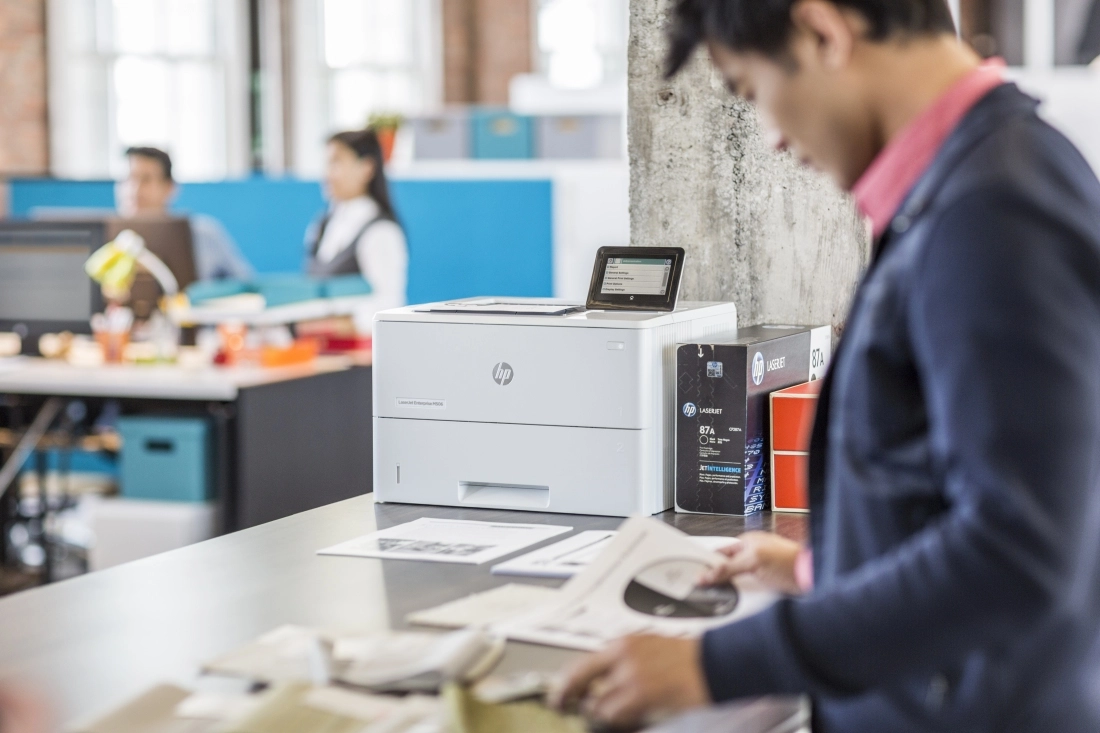HP CEO says customers who don't use the company's supplies are "bad investments"
HP CEO says customers who don't use the company's supplies are "bad investments"

www.techspot.com
HP CEO says customers who don't use the company's supplies are "bad investments"

